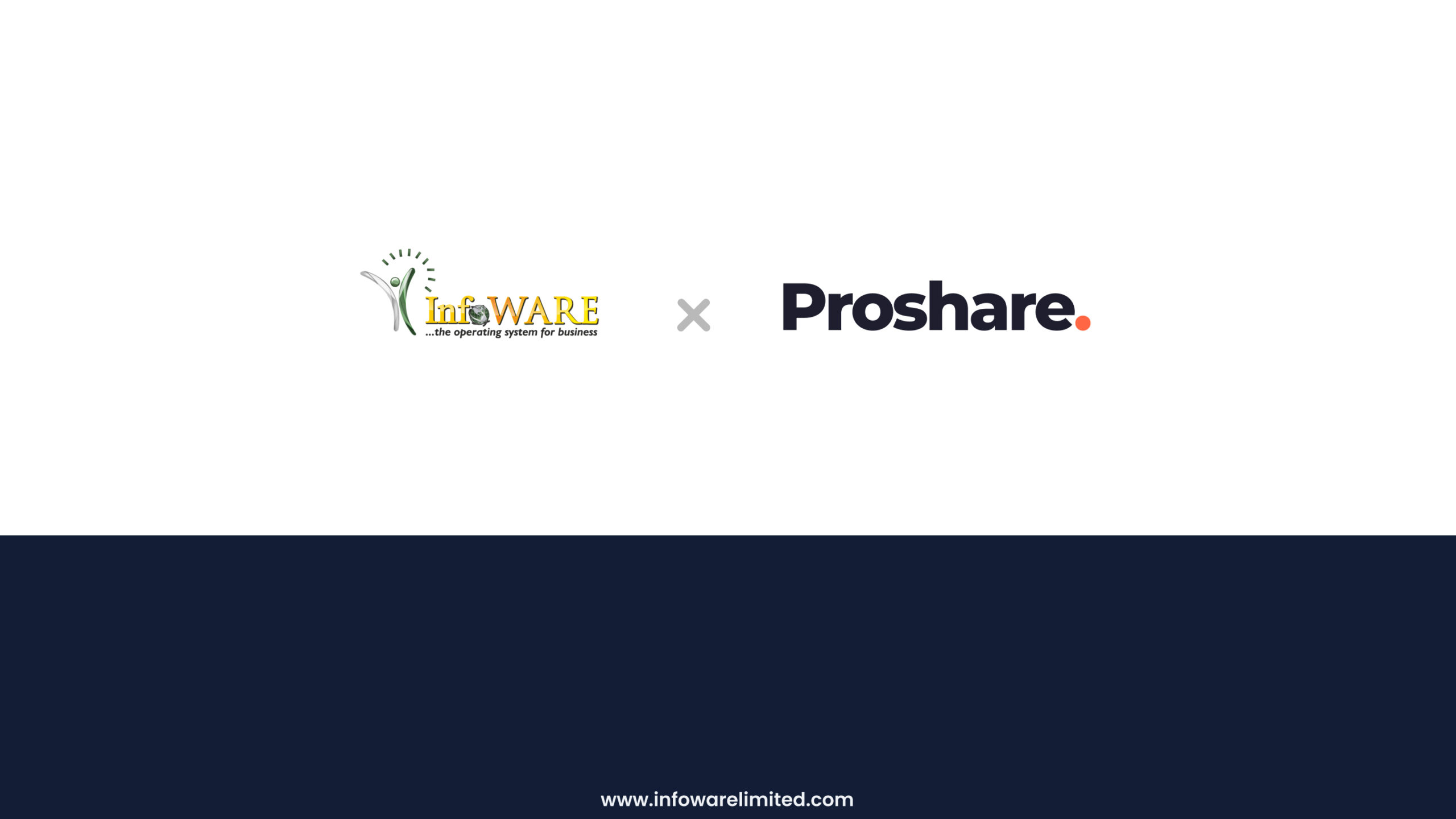
In December 2019, a new derivatives framework was implemented by SEC overseeing Central Counterparty and Derivatives transaction; clearing a path for recognized exchanges like NGX to launch their own derivatives exchange. As indicated by these principles, regulated exchanges have permitted to bring to the table Exchange-traded derivatives & standardized OTC derivatives; and clearing shall only be done by listed Derivatives Clearing Members.
One of the most interesting – and most challenging – aspects to trading is the risk involved. Implementing a risk management plan and considering the various potential risks or events before they occur, saves any organization a ton of money and protect it from unnecessary risks.
As we all know, Nigerian Exchange Limited (NGX or The Exchange) announced that it has received endorsement for seven derivatives contracts from the Securities and Exchange Commission (SEC) on Monday, 28 June 2021. The approved contracts are: Access Bank Plc Stock Futures, Dangote Cement Plc Stock Futures, Guaranty Trust Bank Plc Stock Futures, MTN Nigeria Communications Plc Stock Futures, Zenith Bank Plc Stock Futures, NGX 30 Index Futures, and NGX Pension Index Futures.
In readiness for this new opportunity and supporting this business from a technology, operations, risk and compliance standpoint, InfoWARE has gone ahead of the curve, to scale its platforms in readiness to trade derivatives. We have completed ALL our tests with the exchange and we are good to go. One of the first!
To provide some background, a derivative is a contract between two or more parties whose value is based on an agreed-upon underlying financial asset or group of assets. Common underlying instruments include bonds, commodities, currencies, interest rates, market indices and stocks. The basic principle behind a derivative contract is to earn profits by speculating on the value of the underlying asset at a future date.
Suppose Ben, a corn rancher, is worried that the price of corn will go down by the time his crop is ready for harvesting and wants to lock in the sale price at the current market price.
On the other hand, Sam, a popcorn manufacturer, thinks that corn prices will go up in a few months and wants to lock his purchase price at the current market price.
In this case, Ben and Sam enter into a forward contract, which is an agreement for Ben to sell and Sam to buy a fixed amount of corn at a future date, say 3 months from now, at today’s price. This way, they both hedged their risk based on their assessment of the future corn price.
The derivatives market continues to be the largest single segment of the global financial market and has been estimated to be more than five times larger than global equity and bond markets. Local and international players in the derivatives market space, therefore, continue to anticipate the launch of ETDs in the market and are keeping a keen eye on the activities of NGX in this regard.
As such, derivatives are used as a risk management instrument, and are suited to both professional and private investors who wish to hedge an open position or gain exposure to assets and markets without necessarily holding the underlying assets
Derivatives traded on The Nigerian Exchange Limited (NGX) will be cleared via a Central Counterparty (CCP) through a process known as novation i.e. the replacement of an initial contract between counterparties matched within the trading engine with a new contract between the CCP and each respective counterparty; making the CCP the buyer to the seller, and seller to the buyer.
CCP cleared derivatives are “marked-to-market” and cash-settled daily which means that gains and losses from a day’s trading are deducted or credited to an investor’s account each day, leading up to the expiry of the contract.
If you’d like some more details of how this might work exactly, just let me know and I’ll send a more in-depth proposal and break things down step by step.
Before then, Click here



